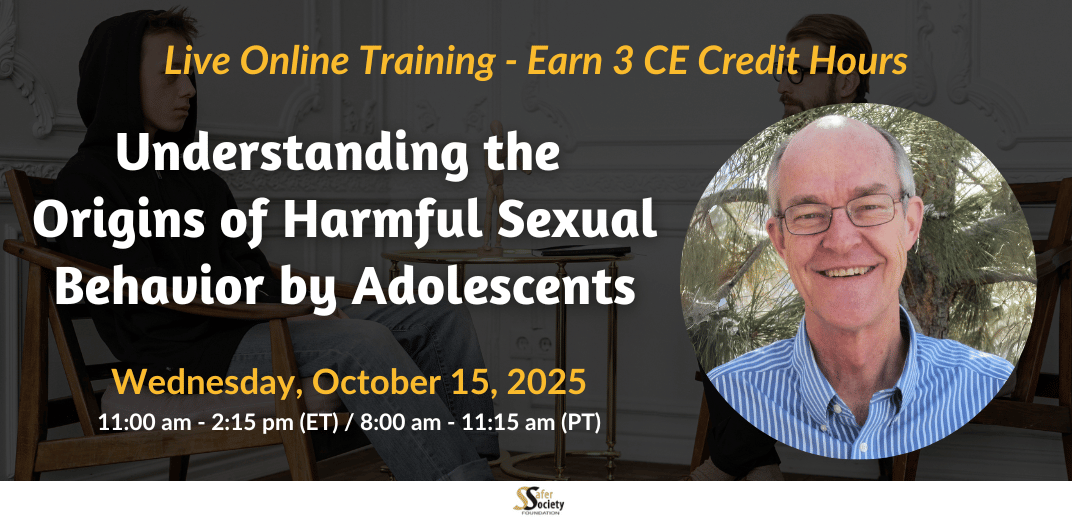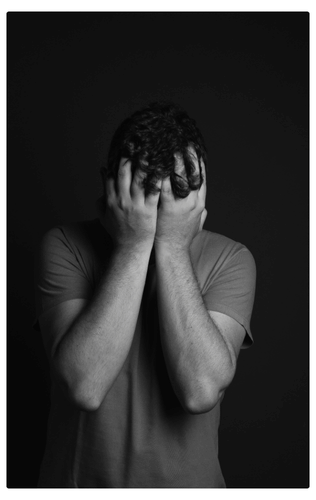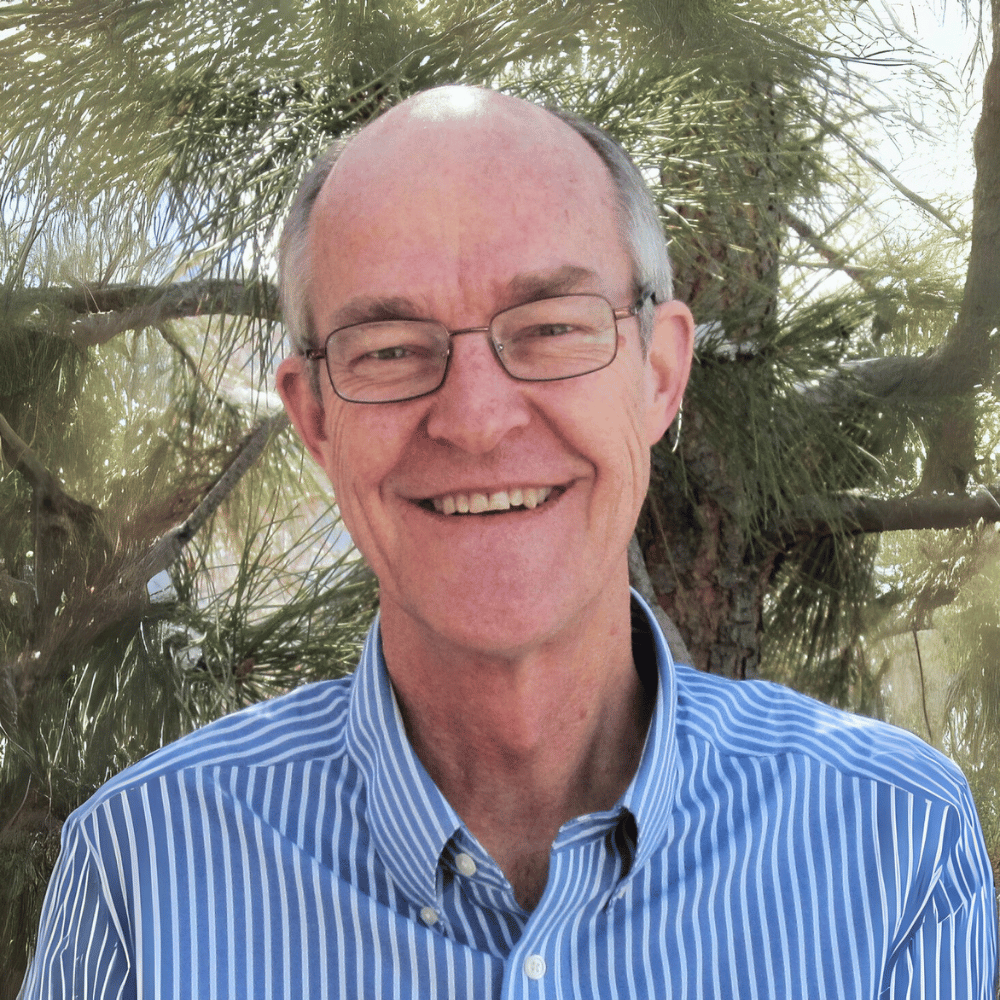
Understanding the Origins of Harmful Sexual Behavior by Adolescents
 Not all sexually abusive behavior by adolescents follows the same pattern. For example, the developmental pathways that lead adolescents to abuse younger children can differ from those involved when they abuse peers or adults. Recognizing these distinctions can help clinicians form more effective risk assessments, treatment plans, and interventions that address the specific needs of their clients.
Not all sexually abusive behavior by adolescents follows the same pattern. For example, the developmental pathways that lead adolescents to abuse younger children can differ from those involved when they abuse peers or adults. Recognizing these distinctions can help clinicians form more effective risk assessments, treatment plans, and interventions that address the specific needs of their clients.
Tom Leversee, LCSW—a professional with over 34 years of direct care, clinical practice, supervision, and management—developed this training to explore what is known about how adolescents come to sexually abuse. Mr. Leversee draws from his work with the U.S. Department of Justice’s SMART office, to provide an evidence-informed overview of the research into adolescent abuse, with an eye towards practical frameworks for prevention. The training focuses on:
- Developmental life course/pathways frameworks and the factors that may influence the onset of offending at different ages.
- Typology research indicating four empirically supported subtypes. This includes clinical characteristics and specific targets of treatment and supervision designed to assist treatment providers and supervising agents in treatment and case planning.
- Prevention and intervention strategies, including those involving families, efforts to improve healthy attachments, and trauma-informed treatments.
Case examples are provided to illustrate key learnings.
Ultimately, this training equips professionals with the knowledge and tools needed to better understand, assess, and intervene with adolescents who sexually abuse.
Interactive Follow-Up Meeting
Attendees are invited to join an open discussion 15 minutes following the end of the training, where you can engage with fellow attendees by turning on your camera and microphone. This is an opportunity to share your experiences and contribute to a meaningful exchange of ideas. Time will be allocated to address questions or insights from the training. Please note that attendance is optional and will not affect your eligibility for a training certificate.
1) Explain multiple etiological pathways associated with the onset of adolescent sexually abusive behaviors
2) Design intervention programs that address the specific risk and needs of subgroups of adolescents who engage in sexually abusive behavior
3) Identify examples of early life-course prevention, risk assessment, and intervention
4) Describe the benefits and potential harm of social and systems responses to child and adolescent sexual behavior problems
Audience
This training is intended for professionals who work directly with adolescents who have sexually abused, experienced abuse, or are otherwise affected by it. It is also of interest to those who work with families where abuse has occurred. This includes mental health counselors, social workers, clinical psychologists, and forensic experts.
Content Level
Disclosure
Cancellations
Continuing Education Approval
American Psychological Association (APA)
Safer Society Foundation, Inc. is approved by the American Psychological Association (APA) to sponsor continuing education for psychologists. Safer Society Foundation, Inc. maintains responsibility for this program and its content.
Association of Social Work Boards (ASWB)
Safer Society Foundation, Inc., provider #233, is approved to offer social work continuing education by the Association of Social Work Boards (ASWB) Approved Continuing Education (ACE) program. Regulatory boards are the final authority on courses accepted for continuing education credit. ACE provider approval period: 06/06/2025—06/06/2026. Social workers completing this course receive 3 clinical continuing education credits.
Who's Presenting

Tom Leversee, LCSW
Tom Leversee, LCSW, worked for 34 years in direct care, clinical work, supervision and management, and administrative positions in the Colorado Division of Youth Corrections. He has extensive clinical experience with adolescents who have engaged in sexually abusive behavior and facilitated the Denver County Sexual Abuse Review Team. Tom currently has a private practice focused on consultation, training, and clinical services for adolescents. Tom has served on numerous occasions as an expert witness, with a recent focus on applying a neuroscience and psychosocial development framework to juvenile transfer hearings. Tom is also an adjunct professor at the University of Denver Graduate School of Social Work with courses focused on Delinquency and Youth Violence and Forensic Practice. Tom has numerous publications and has presented extensively nationally and internationally. He served on the state Sex Offender Management Board and on the Board for the Association for the Treatment and Prevention of Sexual Abuse.
